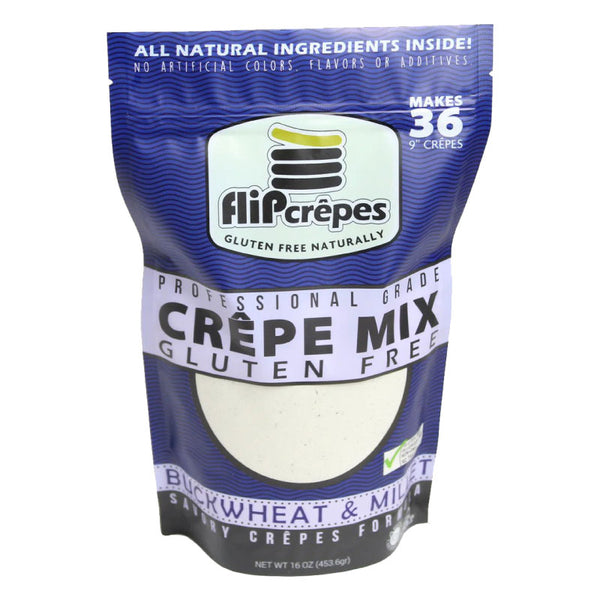As the world's largest producer and exporter of wheat, the United States plays a significant role in global food production. However, there are concerns about the safety and health effects of American wheat, particularly regarding genetically modified organisms (GMOs), celiac disease, and wheat intolerance.
One of the most significant controversies surrounding American wheat is whether or not it contains GMOs. While there is no evidence that GMO wheat is currently being sold in the United States, many people remain skeptical. The potential risks of GMOs in wheat have been debated in the scientific and medical communities, with some studies suggesting that GMOs could have adverse effects on human health.
In terms of the type of wheat used to make all-purpose or baking flour in the United States, it is typically hard red winter wheat. This type of wheat is high in protein, which gives it the gluten necessary for baking. However, some experts believe that the high gluten content of American wheat could be contributing to the rise in celiac disease and wheat intolerance. According to the Celiac Disease Foundation, celiac disease affects 1 in 100 people worldwide and is a serious autoimmune disorder that can cause damage to the small intestine.
One book that explores the potential health consequences of consuming wheat is "Wheat Belly" by Dr. William Davis. The book argues that modern wheat has been genetically modified to the point where it no longer resembles the wheat that humans have been consuming for thousands of years. This, Davis claims, has led to a host of health problems, including obesity, diabetes, and heart disease. While not all experts agree with Davis's conclusions, the book has sparked a conversation about the potential risks of consuming American wheat.
As consumers become more conscious about the quality and safety of the food they eat, it is essential to understand the controversies and health effects surrounding American wheat. While there is no definitive answer, it's clear that the debate over GMOs and gluten content in American wheat will continue.
References:
- "Celiac Disease Foundation." Celiac Disease Foundation, www.celiac.org/about-celiac-disease/.
- Davis, William. Wheat Belly. Rodale Books, 2014.
- "Genetically Modified Wheat – Pros and Cons." CropLife International, 2018, croplife.org/news/genetically-modified-wheat-pros-and-cons/.
- "U.S. Wheat Associates - Who We Are." U.S. Wheat Associates, 2022, www.uswheat.org/about-usw/.







